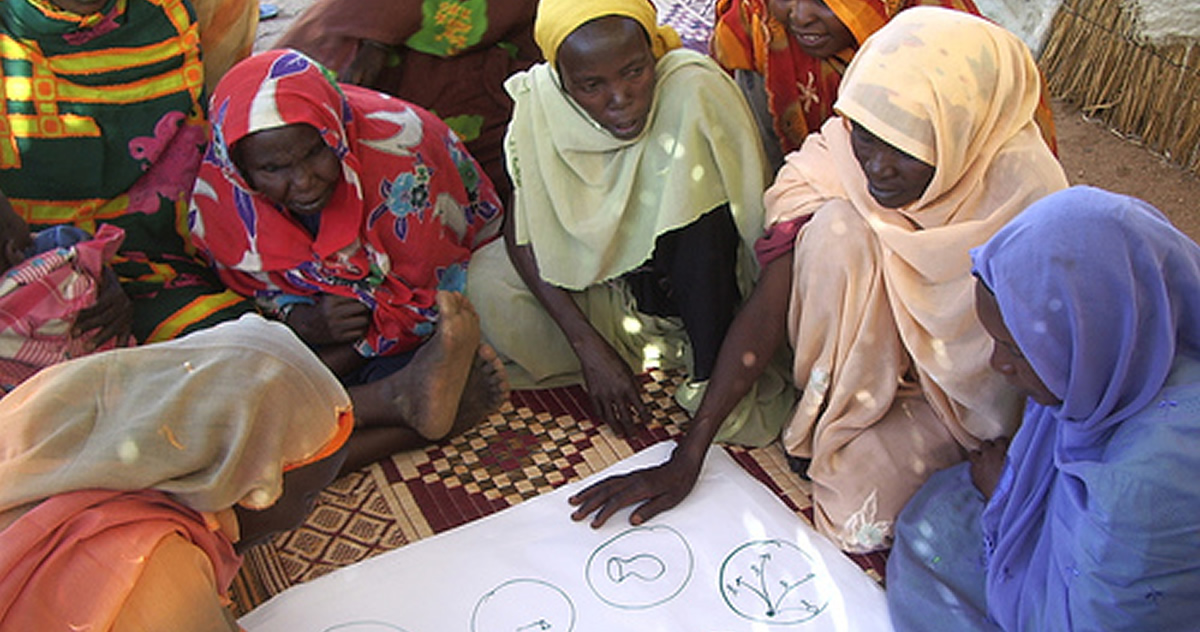 All your professional email communications needs to make an impression that you are someone that will be easy and a pleasure to work with and that you are a credible professional. With email you only have one chance to make that first impression which will be invaluable to building trust and confidence. It’s very common that your first contact with other people will often be through email. In fact, while you may never actually meet them face to face, you might well end up having a productive ongoing email and professional relationship with them for years.
All your professional email communications needs to make an impression that you are someone that will be easy and a pleasure to work with and that you are a credible professional. With email you only have one chance to make that first impression which will be invaluable to building trust and confidence. It’s very common that your first contact with other people will often be through email. In fact, while you may never actually meet them face to face, you might well end up having a productive ongoing email and professional relationship with them for years.
These are three reasons why you need email etiquette
· Avoid confusion, poorly worded emails can lead to misinterpretation or mistake
· Efficiency: emails that get to the point are much more effective than long emails.
· Professionalism: by using proper email language you will convey a professional image
Here are some simple rules of email etiquette you can follow in order to make sure your emails will be warmly and productively received.
- Check your organization’s email policy is. Many organizations have rules about the types of message that can be sent and also if your email is monitored or screened
- Make sure your e-mail includes a courteous greeting and closing. Helps to make your e-mail not seem demanding or terse.
- Address your contact with the appropriate level of formality and make sure you spelled their name correctly
- Spell check - emails with typos are simply not taken as seriously
- Read your email out loud to ensure the tone is that which you desire. Try to avoid relying on formatting for emphasis; rather choose the words that reflect your meaning instead
- Be sure you are including all relevant details or information necessary to understand your request or point of view
- Refrain from using the Reply to All feature to give your opinion to those who may not be interested. In most cases replying to the Sender alone is your best course of action
- Type in complete sentences. To type random phrases or cryptic thoughts does not lend to clear communication
- Always acknowledge emails from those you know in a timely manner
- Be sure the Subject: field accurately reflects the content of your email
- Keep emails brief and to the point
- Always end your emails with "Thank you," "Sincerely," "Best regards"
- Avoid unnecessarily large file sizes. Digital photos especially, learn how to resize your digital photographs
- Don't type in CAPITALS as this is considered to be SHOUTING. This is one of the rudest things you can do.
- Use BCCs (Blind Carbon Copies) when addressing a message to a group of people who don't necessarily know each other
- Don't write anything you wouldn't say in public
- Be Professional, stay away from abbreviations and don't use emoticons (the little smiley faces).
- Ask Before You Send an Attachment: Because of large size attachments or computer viruses, many people won't open attachments unless they know the sender, ask the recipient first
- Think before you forward! Get the sender's permission first
- Don't send confidential or secret information through email. Email messages are more like postcards than sealed letters; they pass through many computers to get to their destination.
Remember, the content of an email includes the character of the person who wrote it, so try to make a good impression every time.






